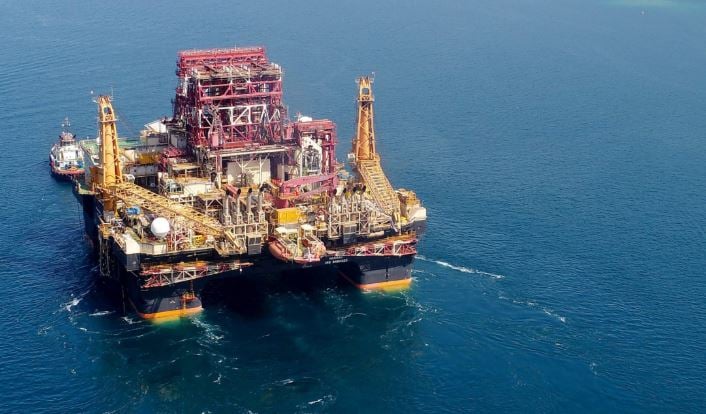By Ademola Adekusibe
13th November 2025.
Nigeria remains Africa’s largest oil producer, but its inability to meet OPEC-assigned quotas for three consecutive months raises serious questions about the management of the country’s most lucrative natural resource.
According to the latest report from the Organization of Petroleum Exporting Countries (OPEC), Nigeria’s crude oil output rose slightly to 1.4 million barrels per day (bpd) in October, up from 1.39 million bpd in September. However, this is still below the 1.5 million bpd quota assigned by the oil cartel. The shortfall follows August production of 1.43 million bpd, meaning the country has underperformed for three straight months.
OPEC’s data, sourced both from direct communication with Nigerian authorities and secondary intelligence platforms, highlights a glaring gap between Nigeria’s oil potential and its actual output. While the nation dominates African oil production on paper, its inability to meet quotas exposes systemic inefficiencies, vandalized pipelines, militant attacks in the Niger Delta, and chronic mismanagement within the sector.
Analysts warn that repeated quota shortfalls threaten Nigeria’s credibility in OPEC and could weaken its leverage in negotiations on production cuts, global oil pricing, and investment inflows. Despite boasting Africa’s top production figures, the country continues to struggle with operational bottlenecks, bureaucratic delays, and security challenges that prevent it from fully capitalizing on its resources.
For a nation heavily reliant on oil revenue to fund government projects, sustain foreign reserves, and drive economic growth, this pattern is far from reassuring. The situation fuels public anger and skepticism over the government’s ability to manage Nigeria’s oil wealth, while highlighting the stark contrast between Nigeria’s potential and the ground realities of its oil sector.
In a world where global oil demand remains high and every barrel counts, Nigeria’s failure to consistently meet OPEC quotas is more than a statistical oversight, it is a sign of deep-rooted operational and structural challenges that could have long-term economic consequences.
